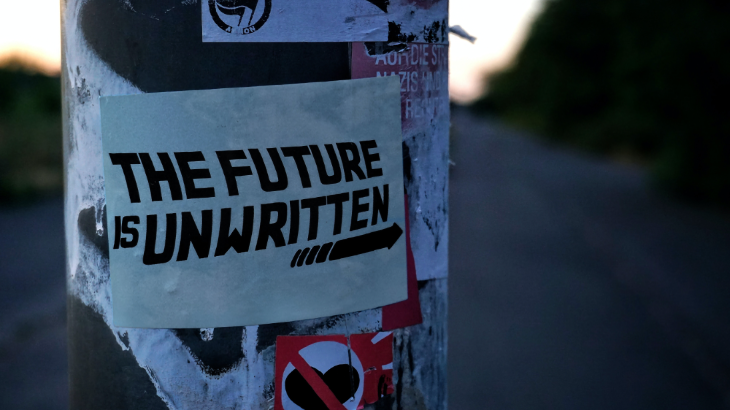Risk Aversion? Then risk diversion.

I’ve been reading a book recently called ‘The Entrepreneurial State’ by Mariana Mazzucato. It is an interesting read and I would recommend it. Within its pages the author sets out their view that, contrary to the common consensus, modern states have played a vital role in the development of private enterprise success stories. The example that is returned to within the book is Apple and that whilst the development of its product is often attributed to the daredevil inventor’s spirit epitomised in people like Steve Jobs, state funding played a huge role in helping it to get off the ground. The book contends also that without state assistance, tools we use on a daily basis (such as the internet) simply wouldn’t exist.
The reason for this is that developing these ideas means taking a huge financial risk. These risks are ones private sector companies would not be willing to take on but that the state can, if it feels the potential long term benefits are worthwhile. The book continues that, more recently, we have become averse to the idea of the state financing such initiatives; this is because the failures (anyone remember Concorde?) are blamed on governments whilst the success stories such as governments' involvement in the internet are wholly attributed to the private sector.
Does this aversion have a local impact? It certainly does and seems to manifest in two ways. Firstly, through piecemeal and ultra tentative funding from central governments to councils. Secondly, by passing down the mantra that we should only ever bet on one horse races. So what?
One horse races are easy to bet on and if you find one you absolutely should take the opportunity, that much should be clear. We’re lucky in Northampton that there is one right on our doorstep. Funding is being given to upgrade the cycle tracks across the Delapre Abbey site - £642,000 is being spent to develop a 1300m traffic free route. Great idea and a real no brainer.
The problem is that most horse races have more than one horse and you have to take a risk. Risk aversion isn’t always a bad thing, particularly if your status quo is comfortable and sustainable over a long period of time. That is not our status quo right now. We need to take some calculated risks.
West Northamptonshire Council was recently a contributor to the University of Northampton Sustainability Summit 2023 and the document this summit agreed upon is known as the Northampton Sustainability Accord. You can read it here. It sets out a series of principles by which we can move toward a more sustainable Northampton. Let me draw your attention to one part of the accord:
Good words. We have several sustainability challenges in Northampton relating to Transport so I thought I would put together my own accord that specifies some areas in which the council could seek to honour the Northampton Sustainability Accord:
- Develop an interconnected cycle network within Northampton that includes a cycle thoroughfare into the centre of town. This cycle network will follow the standards as set out in the government report Gear Change (2020).
- Seek funding to install Zebra crossings/continuous pavements on urban junctions within West Northamptonshire
- Commit to a 20mph speed limit on all roads within the centre of Northampton, Towcester, Daventry and Brackley.
- Commit to moving toward a municipal bus service for the people of West Northamptonshire that aims to serve the needs of people rather than for the purposes of profit.
- In the short term, work with Stagecoach to develop a bus map for Northampton town with identifiable bus stop names.
- Lobby government to maintain the bus fare cap.
- Commit to free bus travel on weekends in December.
- Commit to pedestrianising streets in the centre of Northampton e.g. St Giles Street and commit to trialling car free periods for example on Park(ing) Day 15th September.
- Seek funding for feasibility studies to be carried out on the reopening of Northampton to Market Harborough and Northampton to Bedford former railway lines.
- Commission a travel survey for Northampton that identifies how cars utilise the roads.
If you would like to add your name to the Northants Streets Campaign Sustainable Travel Accord then please let me know in the comments below or on my blog page.
The time must come when noble, but nevertheless vague, commitments manifest themselves in the real world. We must see our sustainability challenges for the entrepreneurial opportunities that they are and we must start taking a few risks.
